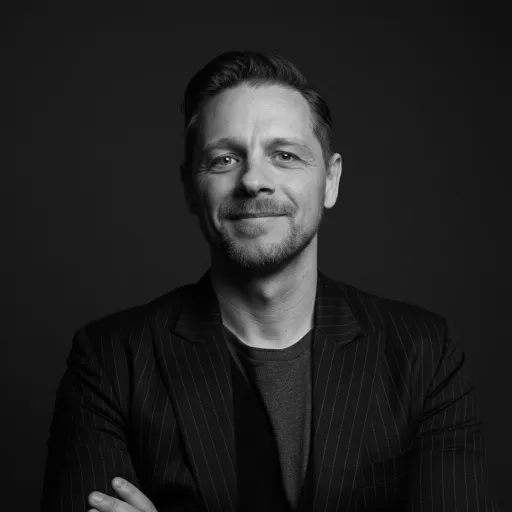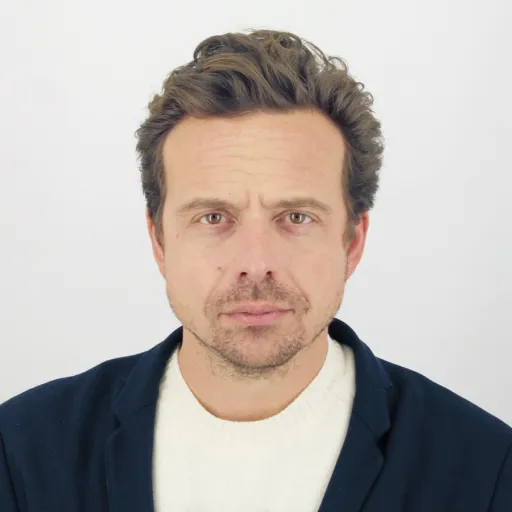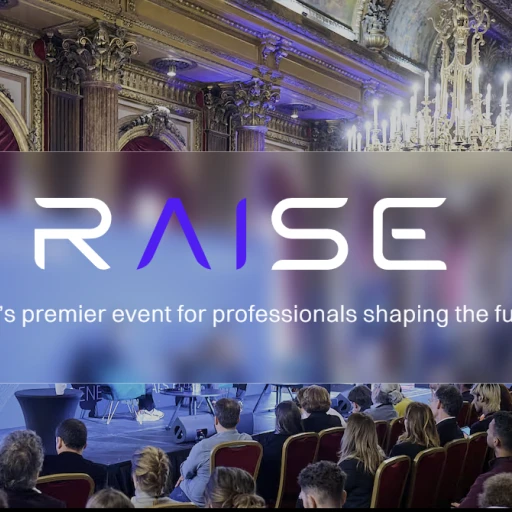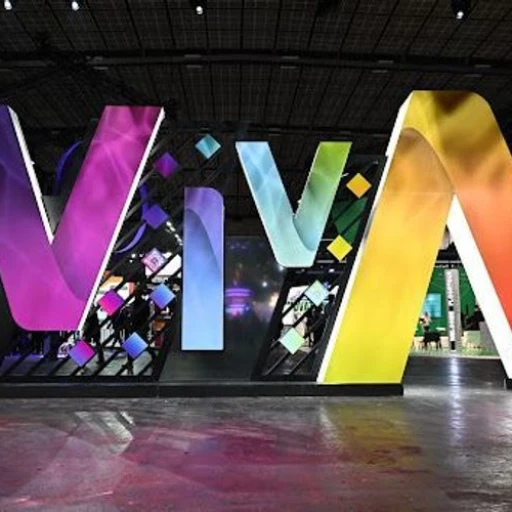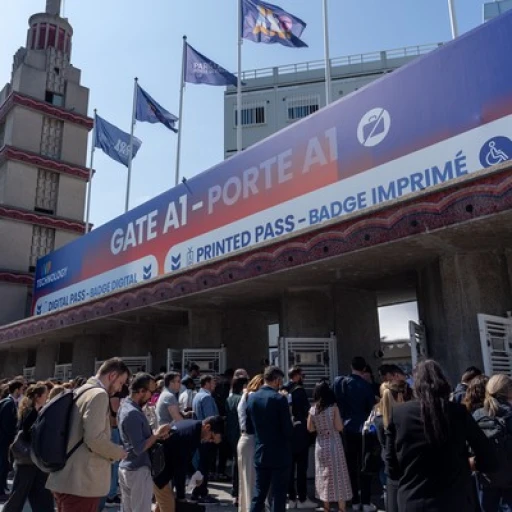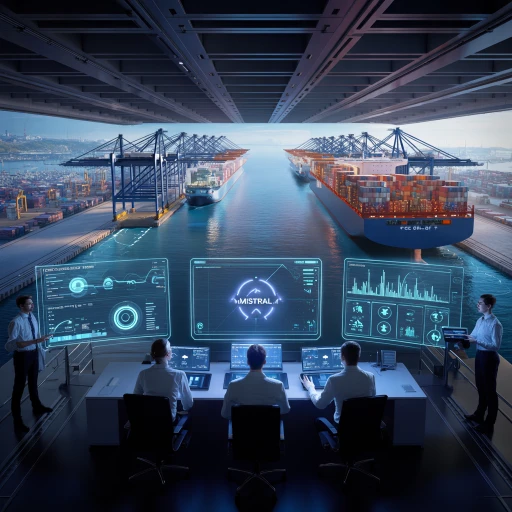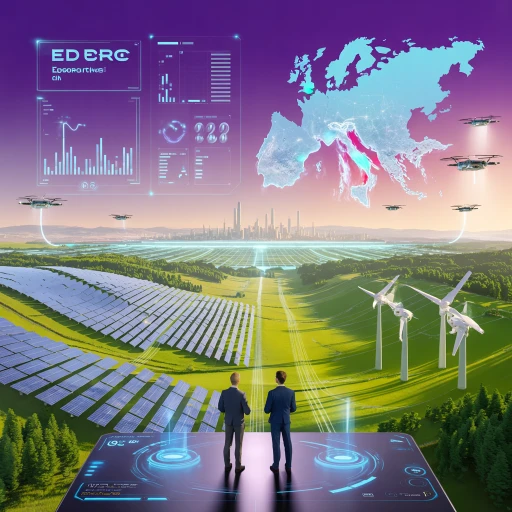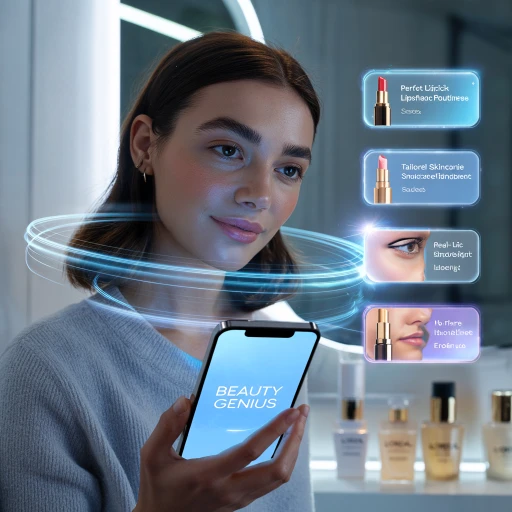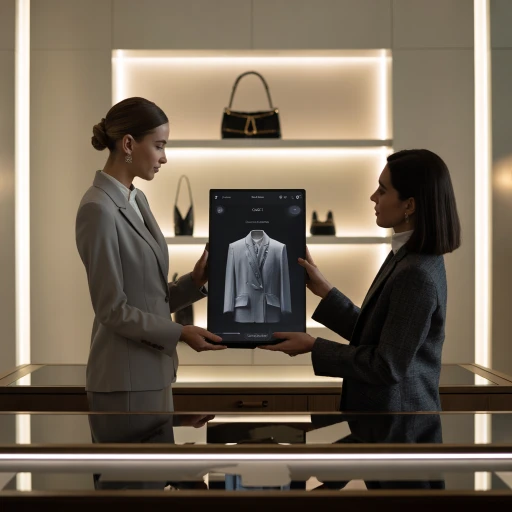
Saptarshi, given your dual passion for AI and music, how have you seen AI transforming the music industry, particularly in terms of creativity and production?
AI can play a dual role on creative industries like the music industry. Within creative industries there is a duality between the creative side and what we call hum-drum. Hum-drum is all the boring stuff that is required to get the creative project off the ground and into the hands of the audience. This includes A LOT of operational work, starting from finding the required funding, to human resource management, operations behind the products, access to the required distribution and post launch analysis. My hope is that this is the part of the industry that will be tackled first, but unfortunately we are seeing the opposite. While there are very interesting projects, most prominently Roadie by IndieFlow - most of the AI investments are going into replacing the creative aspect of music. Some of the DAW tools which are key to production are simplifying the mixing and mastering process that is giving independent and starting musicians a direct access to higher level production from the comfort of their home studios. But on the other hand, most of the investment is going into replacing musicians, especially in places where the artist credit is not as important, such as background music for short films, etc... While there are some amazing innovators in this field that are providing the required credits and payments to their artists such as https://www.beatoven.ai/ (by Mansoor Rahimat Khan), most don't! Which is causing a lot of tension in the industry. As I am not actively participating in the industry at the moment, I am only keeping up with the trends to see where it will go next.
With your role at Niron.ai and EventLabs, could you share some insights into the most exciting AI projects you are currently working on and how they bridge your interests in AI and music?
My role as the product owner @ EventLabs does not have a direct connection to music, but more towards my other interest which is business events and conferences. We are currently in constant R&D space on how to make business events more insightful, personal and how to generate the most value to every single attendee. I am a strong believer that there is a lot more value that can be extracted from such events than we are currently seeing. A simple example, at a conference with 160 sessions - it is simply impossible to cover it all, while trying to spend the time to network and meet new people. That is why we developed RecapHub (recaphub.co) - its an agent that assists event organizers in recording, transcribing and generating instant and insightful content for the organizers to share on the go. From one side, it can be seen as a marketing assistant that is constantly generating LinkedIn, X, Instagram and Website content, and post event analyzer to identify the hottest trends, and attendee interests. On the other side, it is a friend of every attendee that aims to understand what you are trying to learn and take-away from the conference and give it to you in a very direct manner. This is just the beginning of what AI can do to drive further engagement for events. As we say here at EventLabs, the future of events is personal and we are here to make that happen! It is a combination of AI's strength of being able to analyse and categorise larger data, and humans strength of what to use this knowledge for, and that is different in every case.
As a Product Development Manager and Product Owner, what strategies do you implement to ensure that AI-driven products effectively meet the needs of the creative industries?
This is an on-going journey. Building with AI is a completely different game compared to building without it. Where AI shines is in prototyping and building demos. As a team that is constantly in an R&D phase, our strength lies in identifying key problems, building quick solutions, testing with clients and only then putting engineering hours to develop an end to end solution. Tools like Claude Artifacts, and Lovable are ideal for this. We are in a position, where we can identify a problem statement from a client or a potential client and get back to them with a potential solution within 24 hours, this was not possible even a year ago! There is of-course a lot more to a product than an MVP, and that's where more traditional software developing methodologies are still needed, but the process is being turned upside down.
Can you describe a time when your work at Bring The Rhythm intersected with AI technology, and what were the outcomes of that integration for the music community?
Interestingly enough, Bring The Rhythm is my island away from AI. It's a fully non-profit organisation that is currently the largest community of musicians in Amsterdam. At BTR, the main priority is human to human interaction, collaboration and open jamming. We host monthly events to support early stage musicians with some performances, connections to the industry and other types of support.
Even though I see ways of adding super powers to BTR using AI, this is one place that I aim to keep as humanly and authentic as possible.
How do you address concerns about AI potentially stifling creativity in the music industry, and what role do you believe AI should play in artistic expression?
Actually I am strong believer that AI will not stifle creativity. End of the day, it's yet another tool, a tool that can and has the ability to empower musicians. The ones that are creative, will be able to stand out either way. Yes there will be a wave of AI generated music that will cloud the judgement of what we consider good music, but what it will do is give higher value to live performances. It's like taking a step back in history, the music online is already a commodity, we will want something different, and that different is the music that we hear on the streets, theatres, venues and other stages.
As a strong advocate for cultural diversity in tech, how do you believe AI can be leveraged to promote inclusivity within the music and tech industries?
Interestingly enough, AI's fastest adoption is taking place in the parts of the world with the highest youth rates, that is Africa, India, South-East Asia. That is where we are seeing some of the most creative outputs and talent. They are using the new AI tools to create some of the most mind boggling content, music, films, etc. That is the power of technology. Check out what a group of young movie producers managed to do in Sierra Leon, just with a couple of used Iphones and free version of CapCut - https://www.youtube.com/channel/UCdOkWPdh_kISSuoY_QQOmdg. In my home country of India, the music industry is finally expanding outside of just Bollywood (and other film hubs) to a wave of new independent musicians. A lot of them don't have the budgets to hire producers, mixing, and mastering engineers and they are depending highly on the new AI tools that are there.
So to round it up, it is pushing a new wave of cultural diversity by opening the doors and simplifying the process of creation. And in my humble opinion, that is exactly what technology is there for!
Saptarshi Chakraborty is an events, music and artificial intelligence professional. Currently co-founder and product manager at EventLabs, he focuses on optimizing events to ensure that ideas and insights are preserved. He is also responsible for product development at Niron.ai, where he works on tools to enhance the event experience. With a background in business administration from the University of Amsterdam, he has strong expertise in business development, project management and audio engineering. Saptarshi is also involved in initiatives to support minorities in the technology sector.

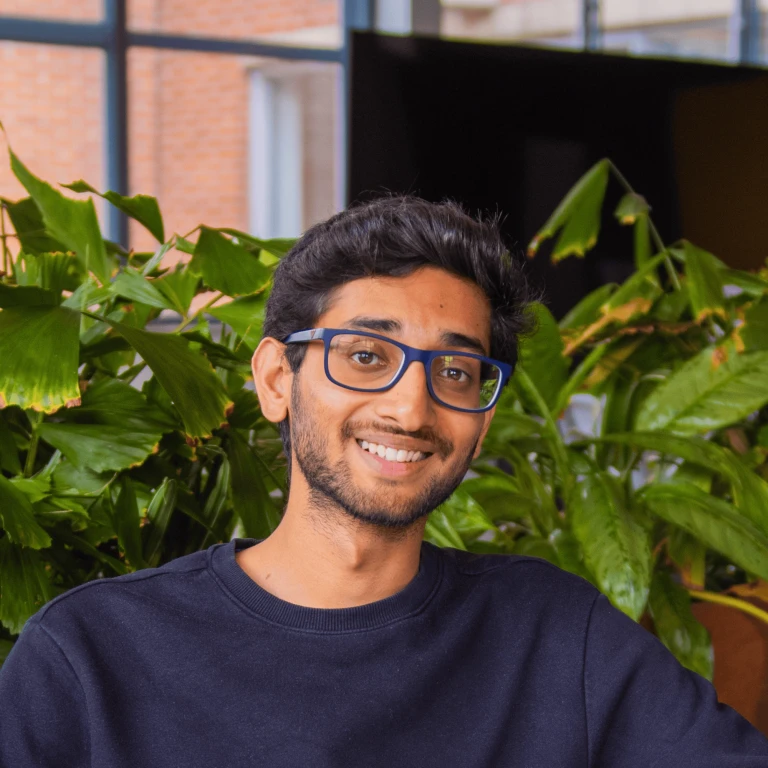
-thumb.webp)
